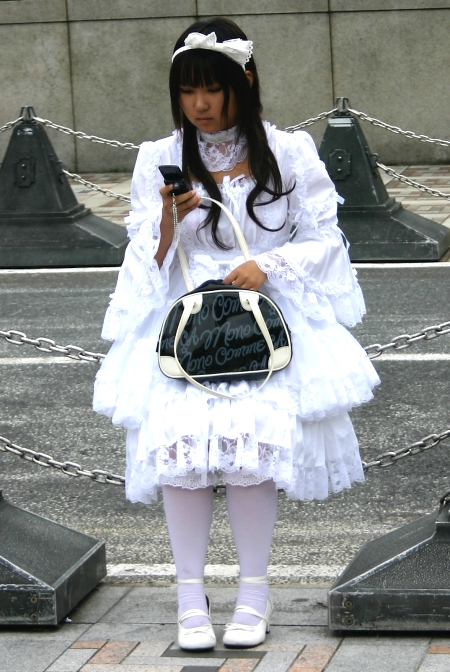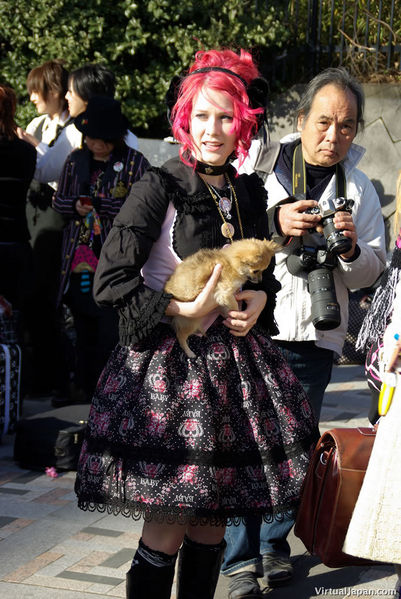

Many would say that fashion is an expression of the culture and soul, hence every nation has a unique reflection of its own history as well as traditions in one way or another.
Japanese fashion is no exception to this sentiment. This article will go into a few details of how it has changed throughout the years while always remaining intact in its traditions.
The Past and the Present
One of the most traditional and common Japanese fashion outfits is the Kimono; it is still worn today in more modern designs, it was also embraced by the Western nations because of its sensuality as well as elegance.
Throughout the years Japanese fashion saw very few changes but throughout the years the Kimono was a dominant part of the classic collection and consistently a part of their lives in one form or another. Another kind of Kimono is the Furisode which is worn by young women in their twenties; in Japan the age to legally drink and smoke is twenty and in order to celebrate the parent frequently offer their daughters a Furisode.
Then the Houmongi takes the stage. This is another kind of Kimono that is worn by married women and similar to the Furisode the parents will give their daughter one when she is married.
The formal Kimono is known as Tomesode and is typically worn by married women to social functions such as marriages. Additional variations include the Mofuku which is the funeral Kimono for Japanese fashion and the Uchikake is the wedding Kimono.
Last but certainly not least the Obi is the oldest form of the Japanese fashion as they are no longer in production today and rarely will you find someone wearing this type even in Japan.
Modern Japanese fashion generally has several categories in addition to some that are not related to clothes. The Japanese fashion known as the Kogal is translated in Japan to people who enjoy displaying their higher income by wearing expensive jewelry or clothes.
The Gangoro Japanese fashion is designed for those people who began changing their hair color and then you have the Lolita as the Gothic Lolita Japanese fashion, which is being represented by the innocent and sweet dressed (Lolita) all the way to the other extreme type referred to as punk fashion, which is known as Gothic Lolitas.
The Eternal Fashion
The world of classic fashion is eternal throughout the world and Japanese fashion has their Kimonos to prove it. The use of colors also plays a large part in the world of Japanese fashion as well as their culture as it is directly correlated to the event. Fashion not only reflects and defines an era and a place in time but also the character and personality of the person who is wearing it.
By Korbin Newlyn